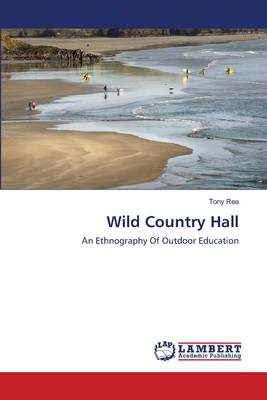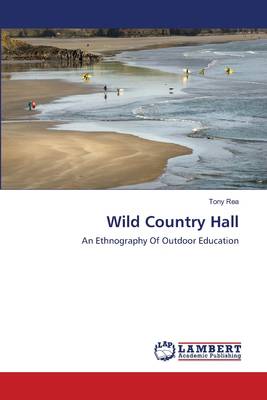
- Afhalen na 1 uur in een winkel met voorraad
- Gratis thuislevering in België vanaf € 30
- Ruim aanbod met 7 miljoen producten
- Afhalen na 1 uur in een winkel met voorraad
- Gratis thuislevering in België vanaf € 30
- Ruim aanbod met 7 miljoen producten
Zoeken
€ 115,95
+ 231 punten
Omschrijving
The author's ethnography poses and answers three questions: - How useful might discursive positioning be as a perspective on learning? What are the discourses at Wild Country Hall and how are they different to schooling discourses? How might neo-Liberal discursive practices, including performativity and current schooling orthodoxies have affected the pedagogic practices at this centre? A number of over-arching discourses (place, the appreciation, care of and respect for nature, the sense of awe and wonder, understanding and protecting the environment, risk, challenge and adventure; and consequent confidence and resilience building by children through facing and over-coming their fears) dominate the life of Wild Country Hall. The author proposes that introducing young people to these discourses allows a re-positioning of personal identity - which may be regarded as learning. Conversely, some pedagogic practices were found to valorise what may be described as 'classroom discourses', and have tended to formalise learning at the centre. This may be narrowing the range of discourses available, possibly to the detriment of children's learning.
Specificaties
Betrokkenen
- Auteur(s):
- Uitgeverij:
Inhoud
- Aantal bladzijden:
- 380
- Taal:
- Engels
Eigenschappen
- Productcode (EAN):
- 9783659208010
- Verschijningsdatum:
- 7/08/2012
- Uitvoering:
- Paperback
- Formaat:
- Trade paperback (VS)
- Afmetingen:
- 152 mm x 229 mm
- Gewicht:
- 553 g

Alleen bij Standaard Boekhandel
+ 231 punten op je klantenkaart van Standaard Boekhandel
Beoordelingen
We publiceren alleen reviews die voldoen aan de voorwaarden voor reviews. Bekijk onze voorwaarden voor reviews.







